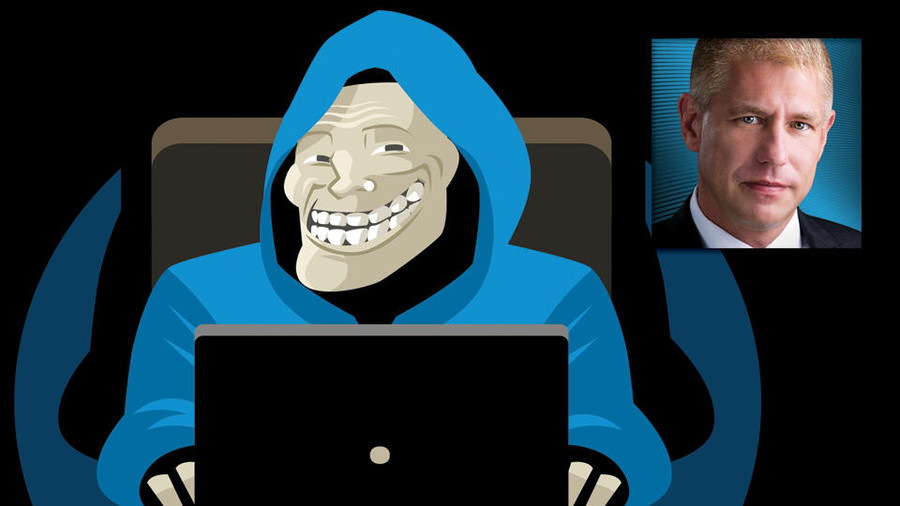Last year, bipartisan members of the House of Representatives overwhelmingly passed the “Copyright Alternative in Small-Claims Enforcement Act of 2019” (the “CASE Act”) without debating the repercussions. Its fate will be decided in the Senate sometime this year. The bill would establish an alternative dispute resolution program for copyright “small claims” in a supposed effort to protect middle-class creators from copyright infringement and streamline the enforcement process.
In particular, the CASE Act aims to address the unfortunate issue that faces many independent artists, including adult content producers, in funding expensive federal copyright infringement lawsuits that would likely result in only a small amount of recoverable damages. While these goals are admirable, the legislation is deeply flawed and subject to abuse.
Because the defendant can opt-out of the new Copyright Claims Board procedure, instead of affirmatively agreeing to participate, the CASE Act creates a significant incentive for copyright trolls to exploit.
The bill directs the Copyright Office to create a Copyright Claims Board where creators can present claims before three experienced attorneys. These Copyright Claims Officers will review the cases, make decisions about the merits and determine how much is owed to the claimant.
The CASE Act regrettably limits the parties’ ability to challenge decisions made by the Board to instances of fraud, corruption and misconduct. It also does not require the same legal or evidentiary standards imposed on copyright claims in federal courts. For example, the bill does not include a requirement that plaintiffs first obtain a valid copyright registration that verifies the owner and creation date of the work central to the claim.
Most questionably, appearance before the Copyright Claims Board is “voluntary,” in the sense that defendants can opt-out in favor of a full jury trial. The bill provides no detail on how this opt-out right is to be exercised within the 60-day deadline but instead directs the Copyright Office to provide notices and set regulations on the opt-out procedures. There is no indication whether this notice will come by email, certified letter or postcard.
This opt-out mechanism presents a major loophole that any sophisticated infringer or corporate legal department can readily exploit. By exercising his or her opt-out right, the defendant can move the dispute to a federal district court, thereby raising the costs of litigation and neutralizing any benefits provided by the bill.
Because the defendant can opt-out of the new Copyright Claims Board procedure, instead of affirmatively agreeing to participate, the CASE Act creates a significant incentive for copyright trolls to exploit. Abusive plaintiffs will use the Copyright Claims Board to bring dubious copyright claims at a reduced cost against unsophisticated individuals. Imagine receiving an email from some previously-unknown copyright enforcement agency informing you through a bunch of legalese that you must pay tens of thousands of dollars for sharing a meme on a social media platform if you do not file paperwork in 60 days. Average internet users may simply delete or ignore such a message, only to later find that their rights to challenge the claim in court have completely vanished.
These claims may result in default judgments that impose hefty financial penalties of up to $30,000 if the individual fails to exercise their opt-out right or respond in a timely and effective manner — even for unregistered works. This amount far exceeds the cap on other “small claims” courts throughout the country. Copyright trolls could also use the threat of a $30,000 judgment by the Board to pressure unrepresented individuals into settling claims as a cost-saving measure, even though they may have easily won those claims in court. Given the fact that almost half of Americans have less than $400 in their bank account for emergency expenses, this new default judgment procedure could bankrupt the average internet user.
The CASE Act could potentially be misused as a tool to suppress speech that some people don’t want published — similar to the way that some internet users abuse the DMCA notice and takedown procedure to censor content they disagree with or otherwise disfavor. Notably, there is no requirement that CASE Act decision-makers honor traditional legal protections afforded to fair use. In addition to these First Amendment concerns, the bill is likely to face other constitutional challenges if it becomes law. Some opponents argue that Congress cannot pass off copyright claims that should be heard in the judicial branch to an administrative tribunal residing in the executive branch. Others believe the opt-out process violates the constitutional rights to due process and trial by jury. These well-founded concerns deserve robust debate and potential amendments to the bill.
Content piracy is a rampant problem, and options to better protect content creators should be seriously considered. Most small content producers cannot afford to litigate a federal case when an infringer posts a stolen video to a pirate site. However, the constitutional protections guaranteed by our judicial system should not be discarded in the search for a quick fix to this complicated issue.
Lawrence Walters has represented the adult entertainment industry for over 30 years. He can be reached at firstamendment.com or @walterslawgroup on social media. Nothing in this article is intended as legal advice.






